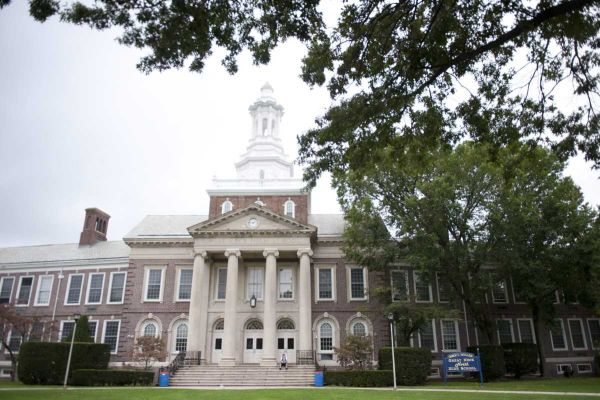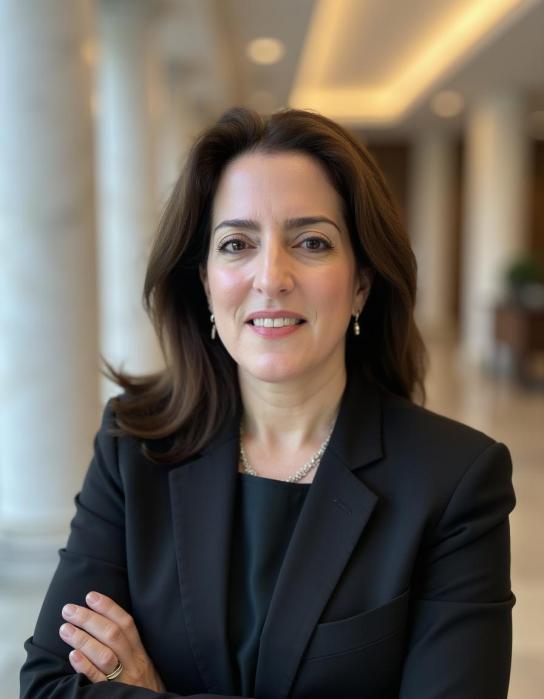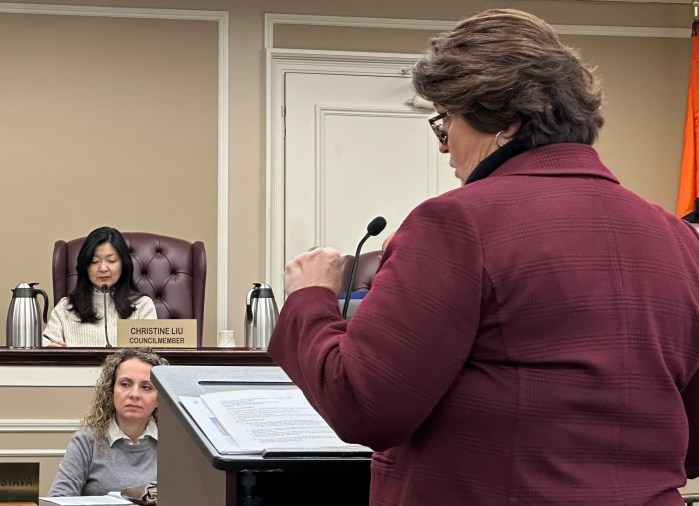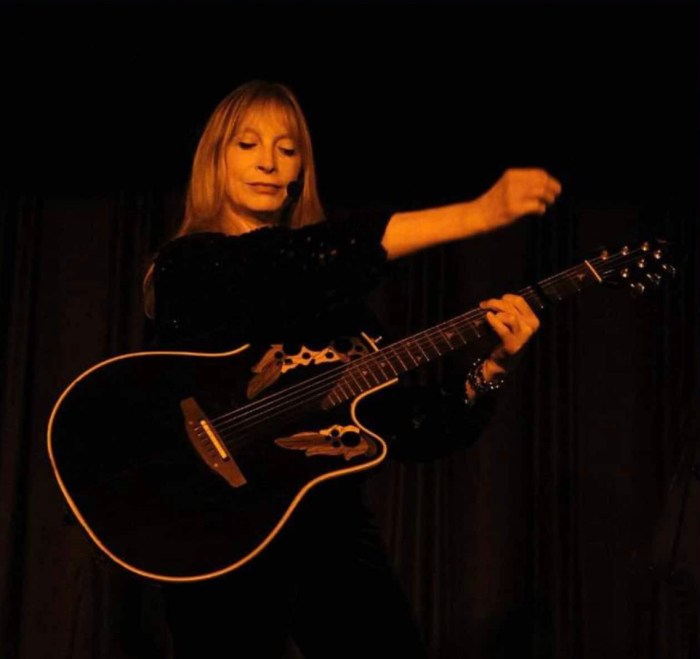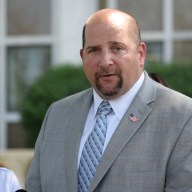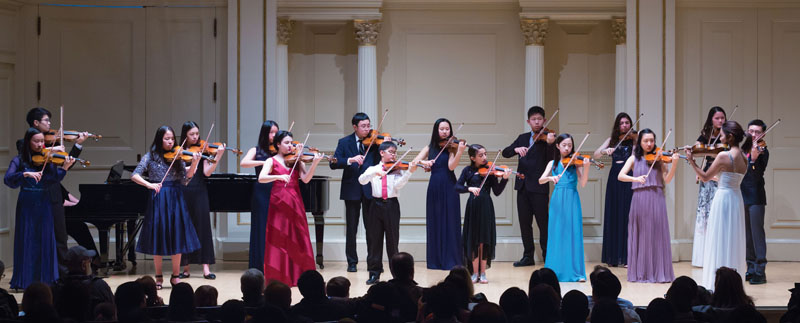 As a sophomore at Yale University, Zachary Lee enjoys a variety of musical education classes and extracurriculars: composition, chamber groups, a cappella and music theory, amongst others. And while the Great Neck North alum has a bright musical future ahead of him, it was his past at the Great Neck Music Conservatory that paved the way for his success.
As a sophomore at Yale University, Zachary Lee enjoys a variety of musical education classes and extracurriculars: composition, chamber groups, a cappella and music theory, amongst others. And while the Great Neck North alum has a bright musical future ahead of him, it was his past at the Great Neck Music Conservatory that paved the way for his success.
“My lessons were a big part of my life. I benefited from having that artistic side developed and it helped me in my education and in becoming a well-rounded performer,” Lee says. “My musical experience has helped me to be well-rounded and to develop a very important part of my character.
Lee is just one of the many success stories to come out of the Great Neck Music Conservatory (GNMC), a premiere music academy that has been training children and adults to fine-tune their musical inclinations for the last 37 years.
Located on Middle Neck Road, the Conservatory is the nurturing ground for aspiring musicians from Long Island and Queens. It’s where students not only have a safe space to expand on their talents, but to embrace the beauty of music.
“Most of our students are taking music to enhance their lives because it’s beautiful and educational and enriches their soul. It’s our goal here to show kids and their parents what music can do for their lives,” says Pippa Borisy, who co-directs the Conservatory, with her husband, Vadim Lando. “Only a few students are going to make music their professional life, but music just enhances every bit of being human. That’s what we are trying to show our students—that it’s something positive, it’s a universal language, something they can take with them the rest of their lives.”
Studies have proven time and time again that teaching school-aged children music can improve their academic skills, cultivate discipline and strengthen memory functions. More than just learning how to play notes on a page, Great Neck Music Conservatory musicians learn socialization, as they form friendships with students from across town lines, as well as develop confidence while performing recitals throughout the year. Borisy noted that the Conservatory is also a feeding ground for pre-college conservatories such as Juilliard’s high school program and The Manhattan School of Music.
And with GNMC helping to build well-rounded individuals, it’s no surprise that many students find themselves going onto Ivy League schools. The link between higher education and their musical extracurriculars is obvious, says Borisy.
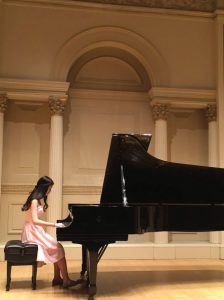
Conservatory’s annual concert at Carnegie Hall. (Photos courtesy Great
Neck Music Conservatory)
“Music education…helps you function on a higher level as a human being. You listen to things in a different way; creativity is a part of life,” says Borisy, who adds that the effect of studying music at a young age has long-lasting effects. “Kids that spend time studying music have a chance to realize this potential, and later on in life, maybe they go to concerts more or play chamber music with friends as amateurs or listen to the radio in a different way or pick up an instrument to relax.”
A key part in ensuring student success is making sure they’re learning from the best in their field. Pupils study under the tutelage of distinguished faculty, including concert artists trained at world-class music schools and university-level music professors. With the exception of music theory and chamber music, all lessons are one-on-one, allowing for personalized instruction and mentorship. The one-hour lessons shared by teacher and students are often about more than just music, notes Borisy.
“This is often the closest relationship students have with an adult outside their family,” she says. “Lots of things come up in that hour and students feel free to talk about their lives and their worries. I always say it’s 75 percent music and 25 percent therapy. There’s a really important connection between the student and teacher.”
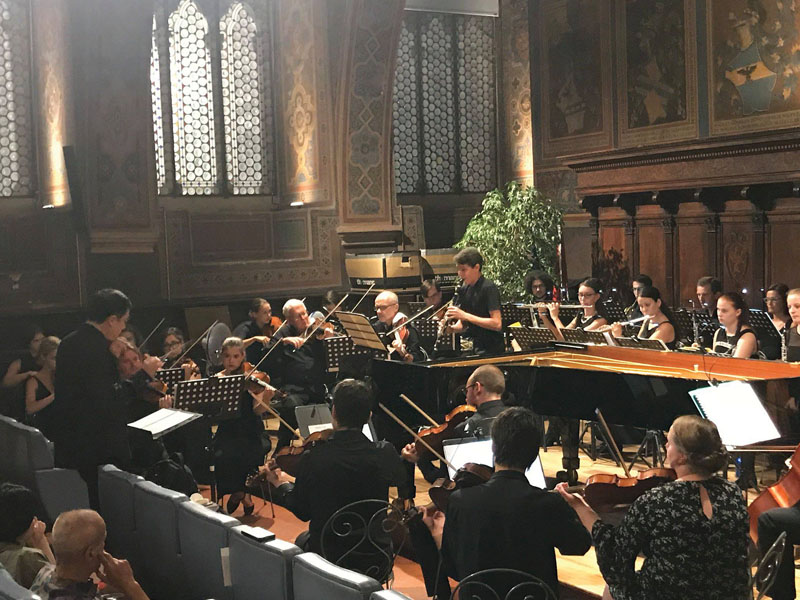
The Conservatory offers classes in guitar, piano, strings, voice and wind instruments, with an emphasis on classical music. Borisy acknowledges that classical music isn’t mainstream, but that every student who tries it, loves it.
“I think classical music has always fought a bit to stay around, but I haven’t had a single student who’s been introduced to [it] who hasn’t really loved it,” she says, adding that perfecting the genre requires commitment. “It’s not instant gratification. There’s an investment of time, work and energy involved before you can experience the reward. That’s an important lesson for students. That’s how it is with everything in life and they learn that with their instrument.”
And, despite the myriad activities competing for students’ attention, Borisy notes that music lessons have retained their popularity.
“There will always be things competing, but music ranks up there. It’s hard to start music and then just let it go, it’s something that needs consistency,” she says. “Once they reach a certain level, they realize it’s important to continue it.”
And those who do commit to their craft see rewards. The Conservatory offers students exciting opportunities to perform at venues like Carnegie Hall and the Jeanne Rimsky Theater in Port Washington, and a small group also attends a prestigious musical festival in Italy each year as well.
And whether or not they’re performing for an audience of one or 1 million, the lessons taught at the Conservancy can serve students well for the rest of their lives.
“One of our purposes is to show that you can do something just because it’s beautiful. There’s something really profound about music because like any of the arts, it’s the deepest expression of feeling,” says Borisy. “For kids to just experience that for a moment, to take an hour and talk about how to make a phrase more beautiful, those are profound moments.”




